A drug called Captagon may have helped fuel Hamas' attack on Israel
Officials are claiming the drug is the reason for the brutality of the attack
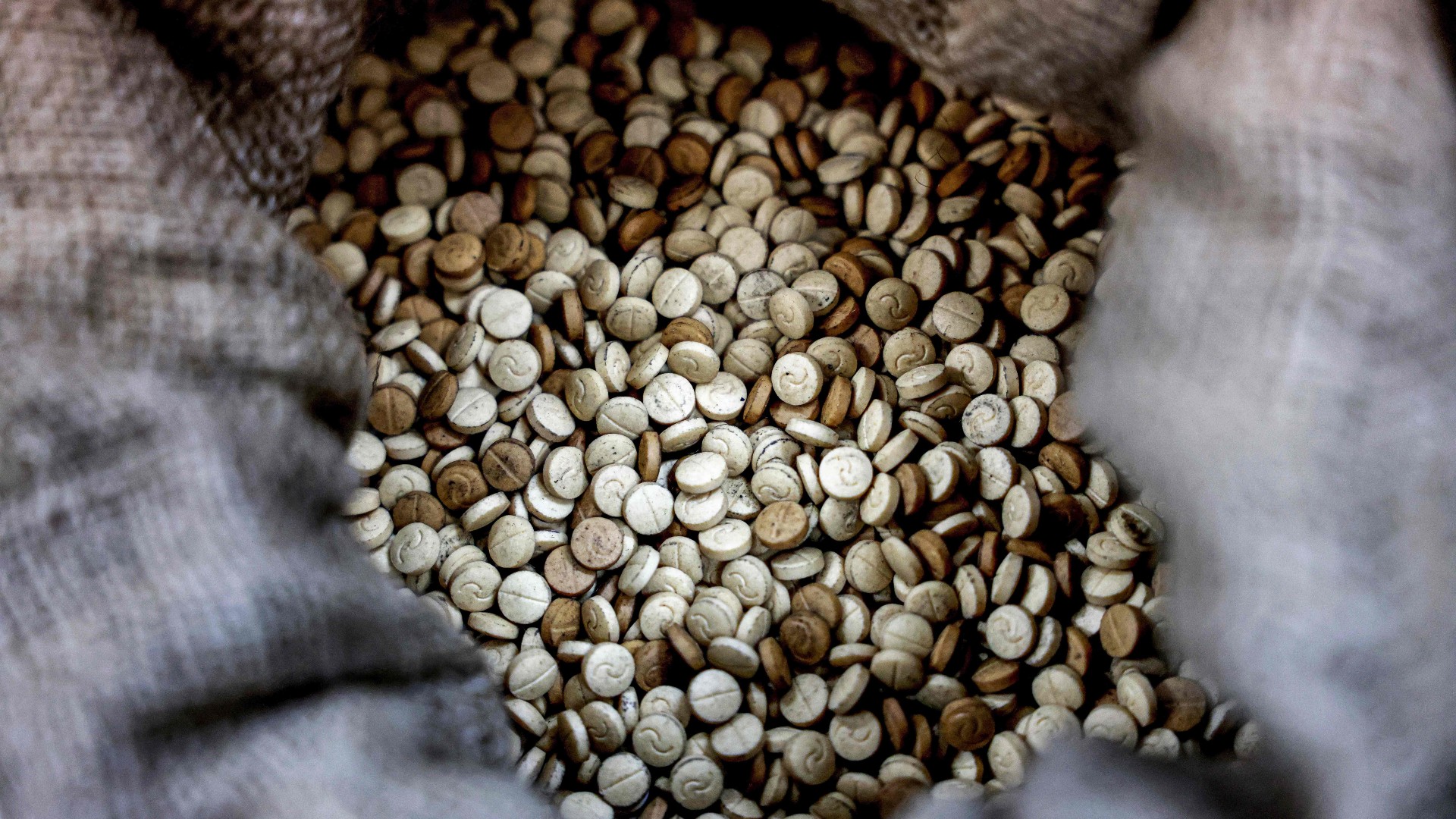

Officials from both the Israel Defense Forces and the United States government recently confirmed an earlier report that Hamas militants were high on a counterfeit stimulant known as Captagon when they carried out the Oct. 7 attack on Israel. Also known as the "jihadi drug," "Captain Courage" and the "poor man’s cocaine," Captagon reportedly helped fuel a violent mania on that day. Are these accusations a critical tool of Hamas' plans or an attempt to paint the group as drug-crazed violent zombies?
What is Captagon?
Captagon is the brand name of the drug fenethylline hydrochloride, initially created in the 1960s in West Germany to treat conditions like attention deficit disorder, depression and narcolepsy, Insider reported. The drug was eventually banned in the 1980s due to its "highly addictive nature," the outlet added, but a "clandestine trade" of counterfeit Captagon has flourished in the Middle East ever since. The drug remains extremely common in the region and has "particularly blossomed" in Gulf states such as Saudi Arabia, Qatar and the United Arab Emirates.
The illicit version of the drug is a mixture of "amphetamine and theophylline," and is sometimes cut with other substances like caffeine and the pain killer paracetamol, Reuters reported. Like other stimulants, Captagon helps stave off sleep and hunger while making the user more focused. The drug remains popular among fighters in the Syrian Civil War and militants from the Islamic State.
The Week
Escape your echo chamber. Get the facts behind the news, plus analysis from multiple perspectives.

Sign up for The Week's Free Newsletters
From our morning news briefing to a weekly Good News Newsletter, get the best of The Week delivered directly to your inbox.
From our morning news briefing to a weekly Good News Newsletter, get the best of The Week delivered directly to your inbox.
Since at least 2014, Syria has been considered a significant producer and consumer of the drug. And while Damascus maintains that the country has no involvement in the Captagon trade, sources say production and distribution of the drug "have brought in billions of dollars" for President Bashar al-Assad and his allies "as they looked for an economic lifeline," per Al Jazeera. Though the drug has little-to-no name recognition outside of the Middle East, both the United Kingdom and the United States have expressed alarm over its continued production in Syria.
Did Hamas use the drug to fuel the Oct. 7 attack in Israel?
Claims that the Hamas fighters were high on Captagon during the Oct. 7 attack first surfaced in a report weeks later from Israeli news agency Channel 12. The agency reported that IDF soldiers discovered Captagon pills on the persons of captured militants, as well as on the bodies of Hamas fighters who were killed in the conflict. Two subsequent accounts from USA Today and Semafor seemed to verify this initial story, citing unnamed officials from the IDF and the U.S. government.
Two Israeli security officials confirmed to USA Today that the substance was found on "at least some Hamas members killed during or after the stunning raids on Israel." The officials said they found the drug in pills, powder and liquid form in the pockets of Hamas militants. The Israeli military has declined to officially comment on the allegations.
Anonymous officials said the drug was used to "suppress fear and anxiety during the rampage and stimulate their willingness to attack, kill and, in some cases, torture, civilians," Jay Solomon reported for Semafor. Videos of the attack compiled by the Israeli government left Solomon with the impression that "at least some of the militants were juiced up on drugs." He believed the "length and ferocity of the assault" also suggested that "some of the militants were chemically enhanced."
A free daily email with the biggest news stories of the day – and the best features from TheWeek.com
Others, though, weren't so quick to buy into the evidence. Caroline Rose, director of New Lines Institute’s Strategic Blind Spots Portfolio, told Vice she was skeptical of the claims about Captagon made in the reports. While some of the attackers may have taken drugs, reports of Captagon inducing "violent mania" are unfounded and strictly anecdotal. Rose said. While few studies on the subject have been conducted, Captagon "doesn’t seem to be inciting this kind of crazed behavior," she added. The amphetamine-like pill is similar to other stimulants used in the past to keep soldiers alert and focused and to limit hunger. And while Rose has tracked seizures of the drug in Gaza, she insisted that there is no pill capable of "unlocking" a person's capacity for brutal attacks. She concluded that there was no evidence that Captagon was used in a widespread capacity by Hamas — or that it played a factor in their attack plan.
Theara Coleman has worked as a staff writer at The Week since September 2022. She frequently writes about technology, education, literature and general news. She was previously a contributing writer and assistant editor at Honeysuckle Magazine, where she covered racial politics and cannabis industry news.
-
 Is it a good investment to buy a house?
Is it a good investment to buy a house?The Explainer Less young people are buying homes, opting to rent and invest in the stock market instead
-
 Rising costs are making Halloween more expensive
Rising costs are making Halloween more expensiveIn the Spotlight Both candy and costumes have jumped significantly in price
-
 5 of the best kid-friendly scary movies
5 of the best kid-friendly scary moviesThe Week Recommends Hardcore horror is for grown-ups only, but light scares can be startling fun for the whole family
-
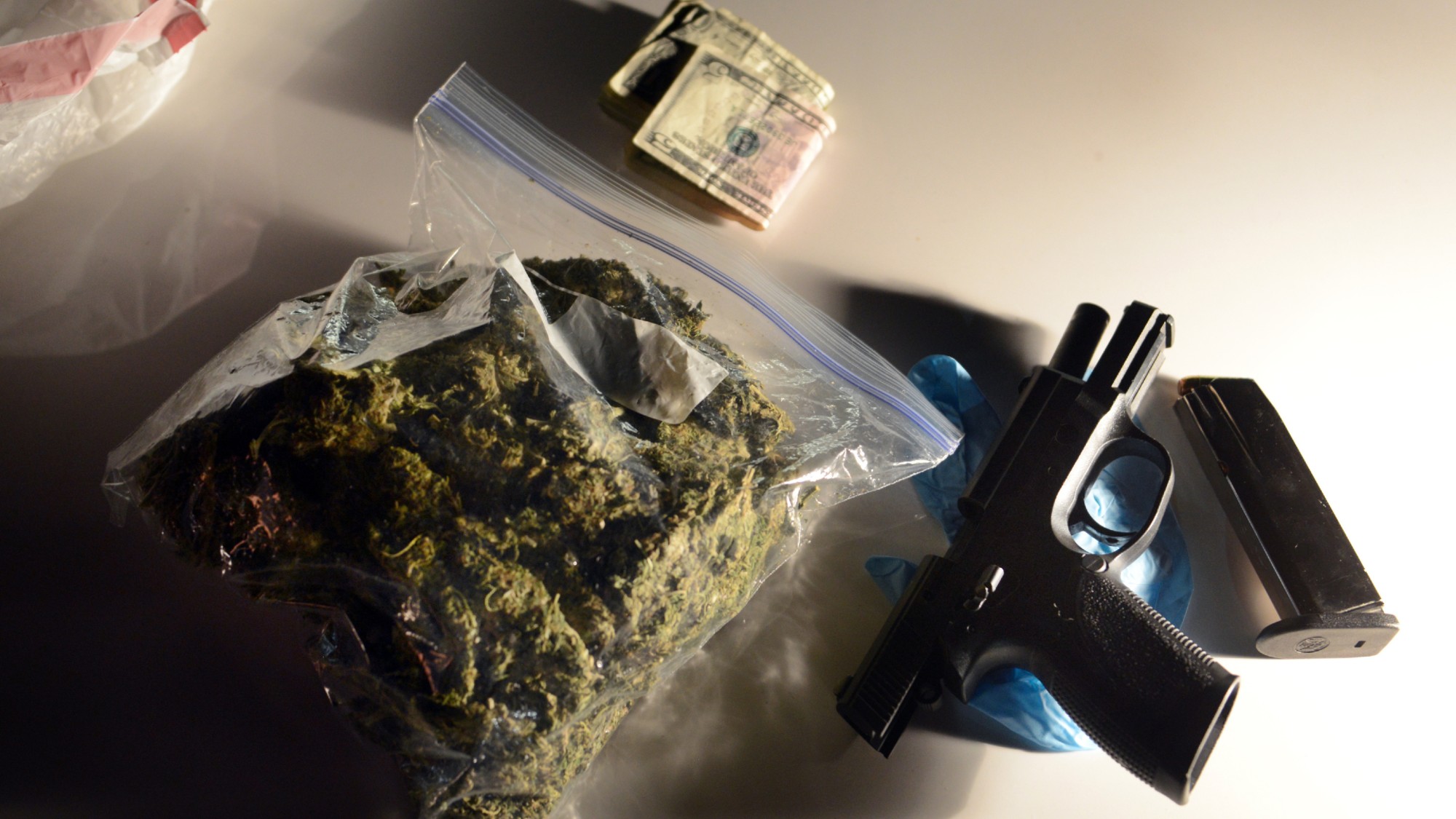 Why the White House is behind a rare Supreme Court push to limit gun ownership
Why the White House is behind a rare Supreme Court push to limit gun ownershipIN THE SPOTLIGHT Justices are preparing to dive back into the choppy waters of the Second Amendment as the White House pushes to penalize recreational narcotic users
-
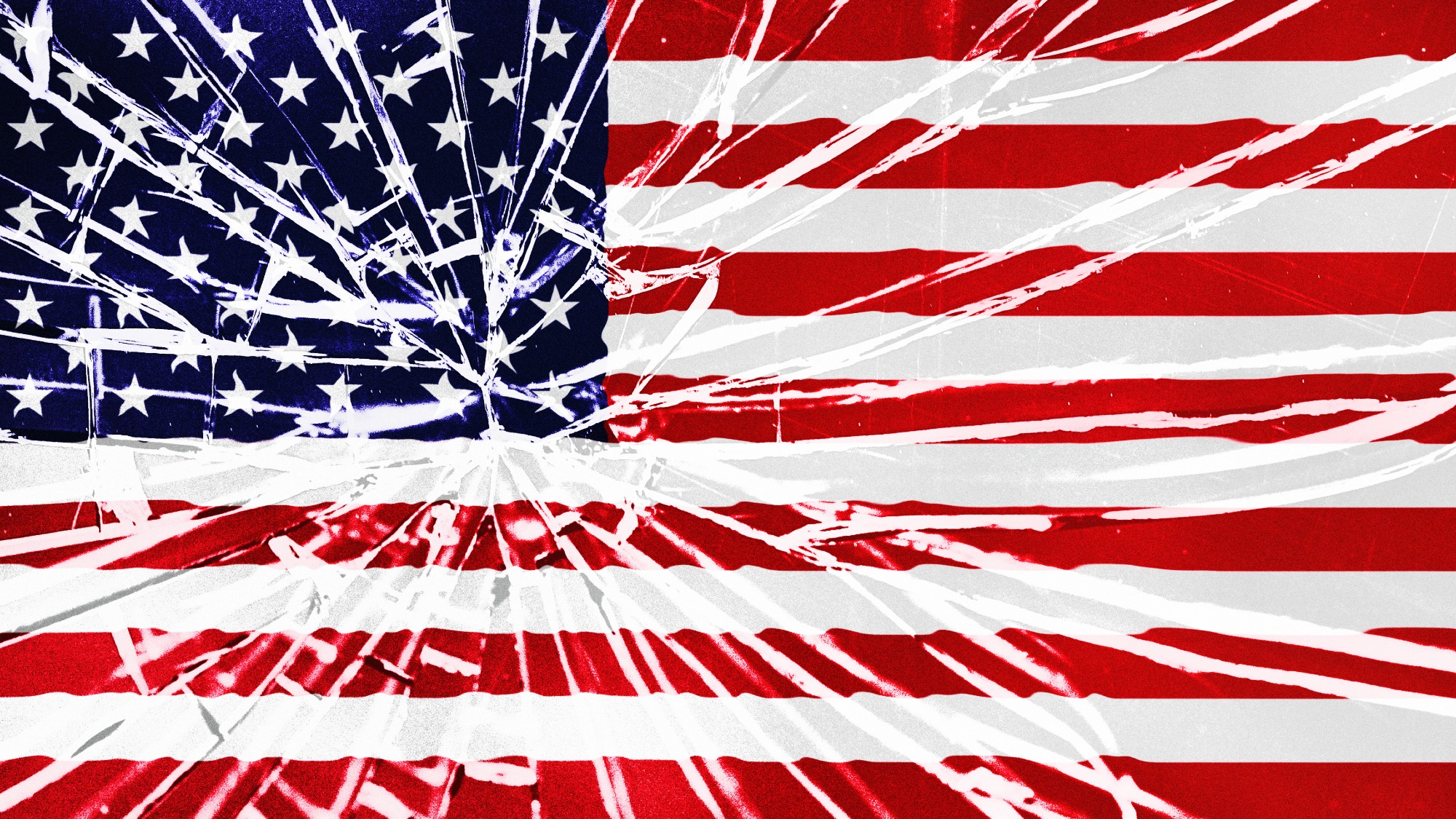 ‘Are we just going to stand in passive witness to the degradation of our democracy?’
‘Are we just going to stand in passive witness to the degradation of our democracy?’Instant Opinion Opinion, comment and editorials of the day
-
 The new age of book banning
The new age of book banningThe Explainer How America’s culture wars collided with parents and legislators who want to keep their kids away from ‘dangerous’ ideas
-
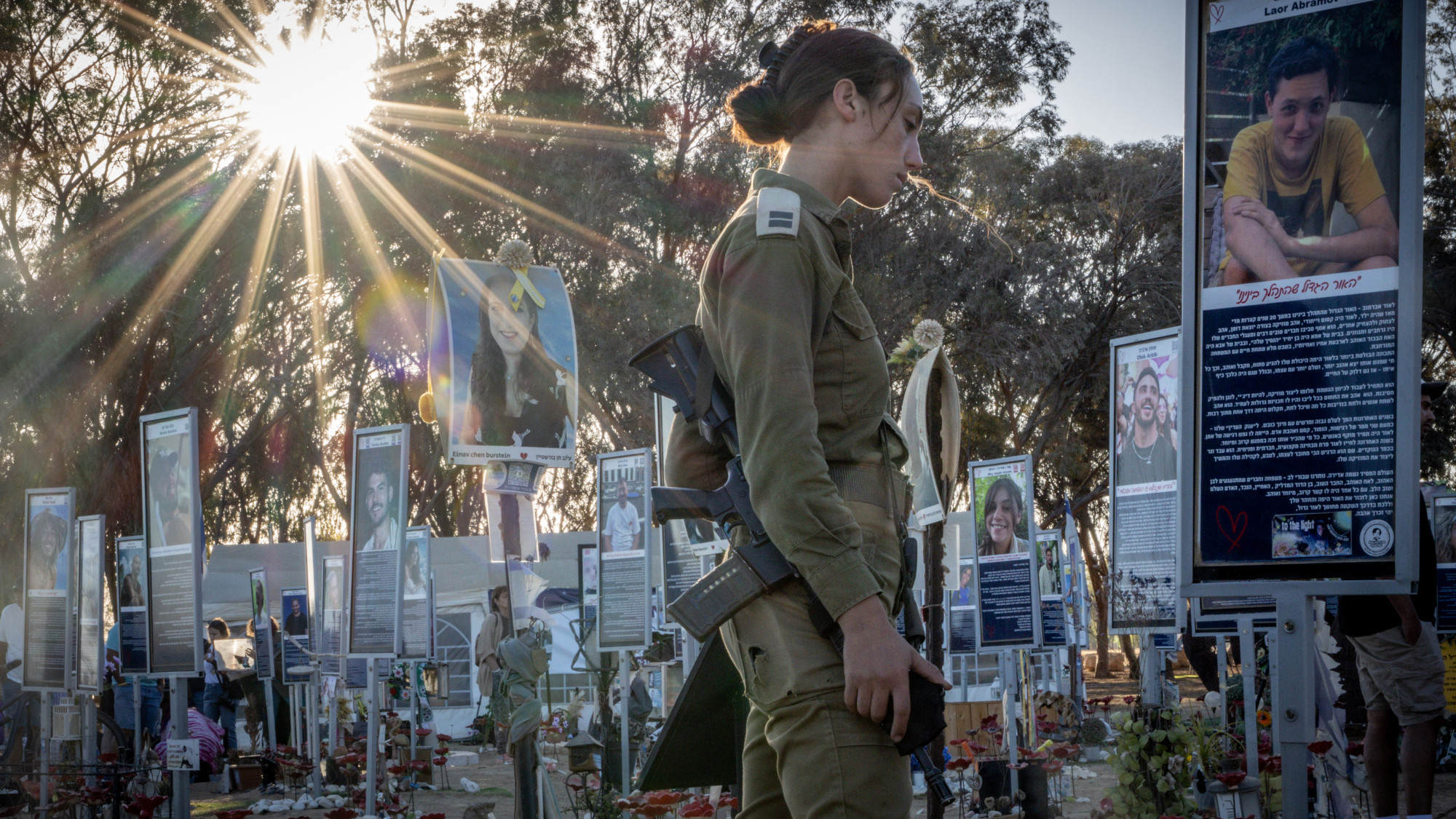 Two years on, a Gaza truce may be in sight
Two years on, a Gaza truce may be in sightFeature Israel and Hamas consider the U.S.’ 20-point peace plan exchanging hostages for prisoners
-
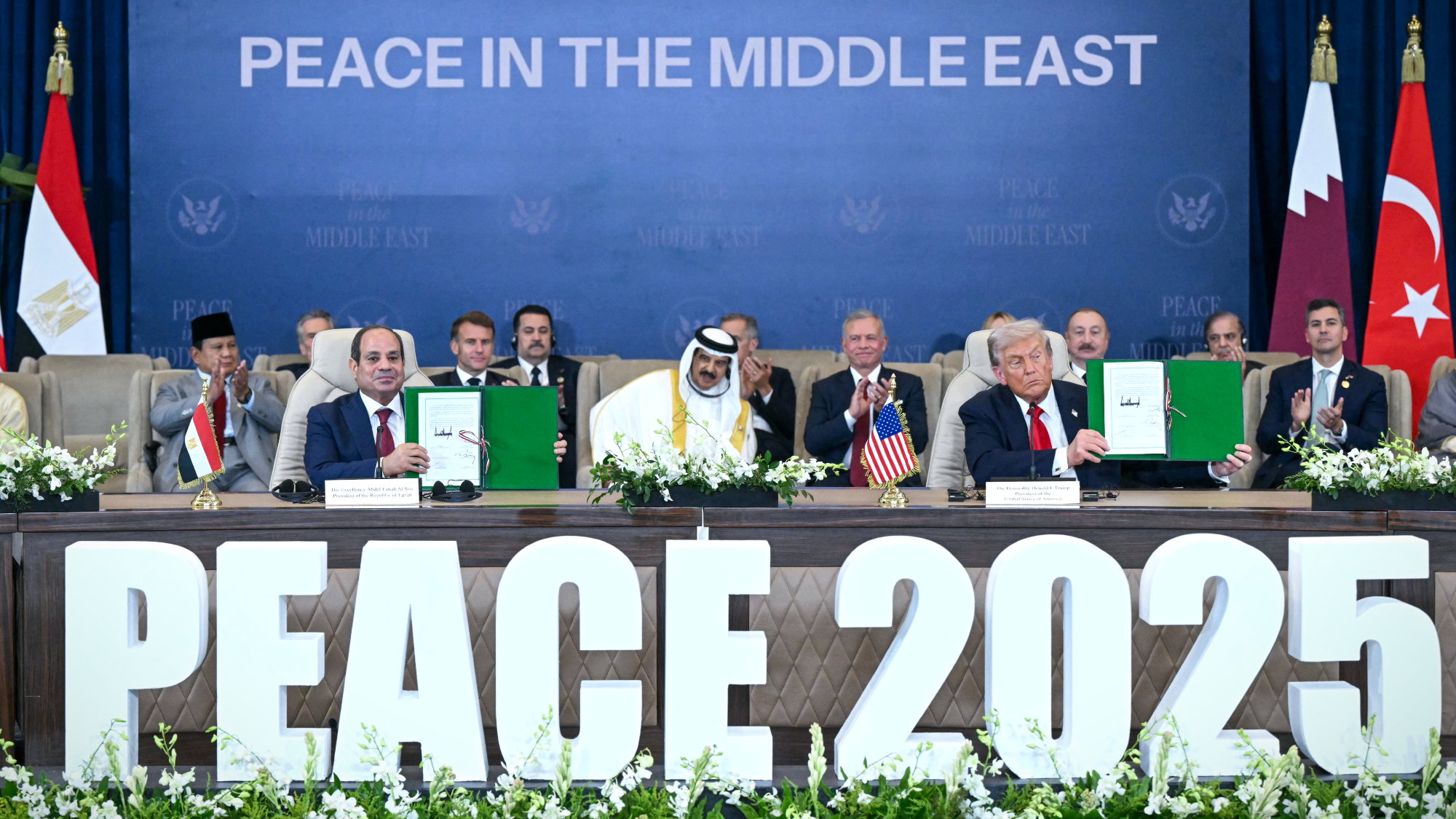 Trump declares end to Gaza war, ‘dawn’ of new Mideast
Trump declares end to Gaza war, ‘dawn’ of new MideastSpeed Read Hamas freed the final 20 living Israeli hostages and Israel released thousands of Palestinian detainees
-
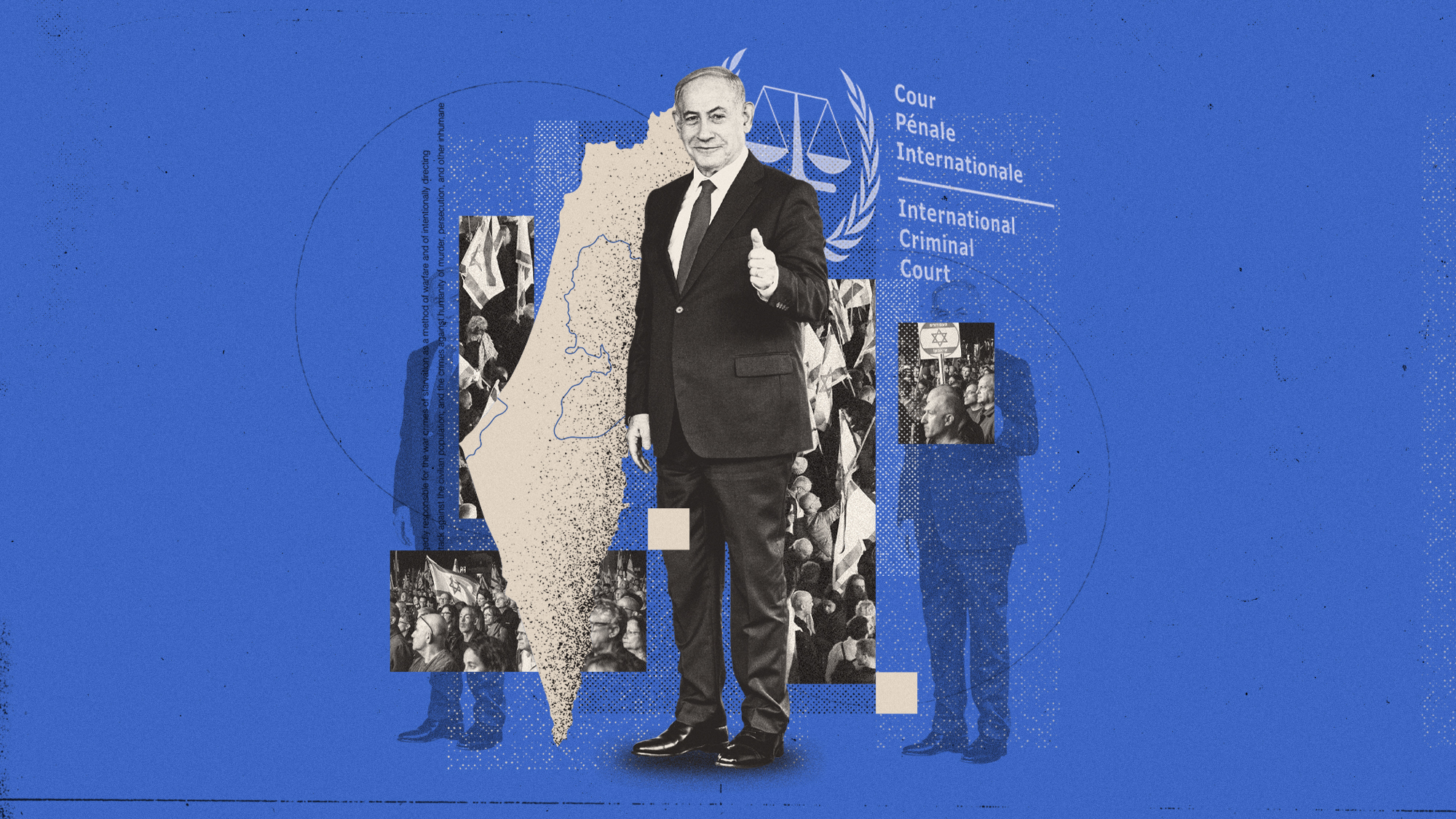 Has the Gaza deal saved Netanyahu?
Has the Gaza deal saved Netanyahu?Today's Big Question With elections looming, Israel’s longest serving PM will ‘try to carry out political alchemy, converting the deal into political gold’
-
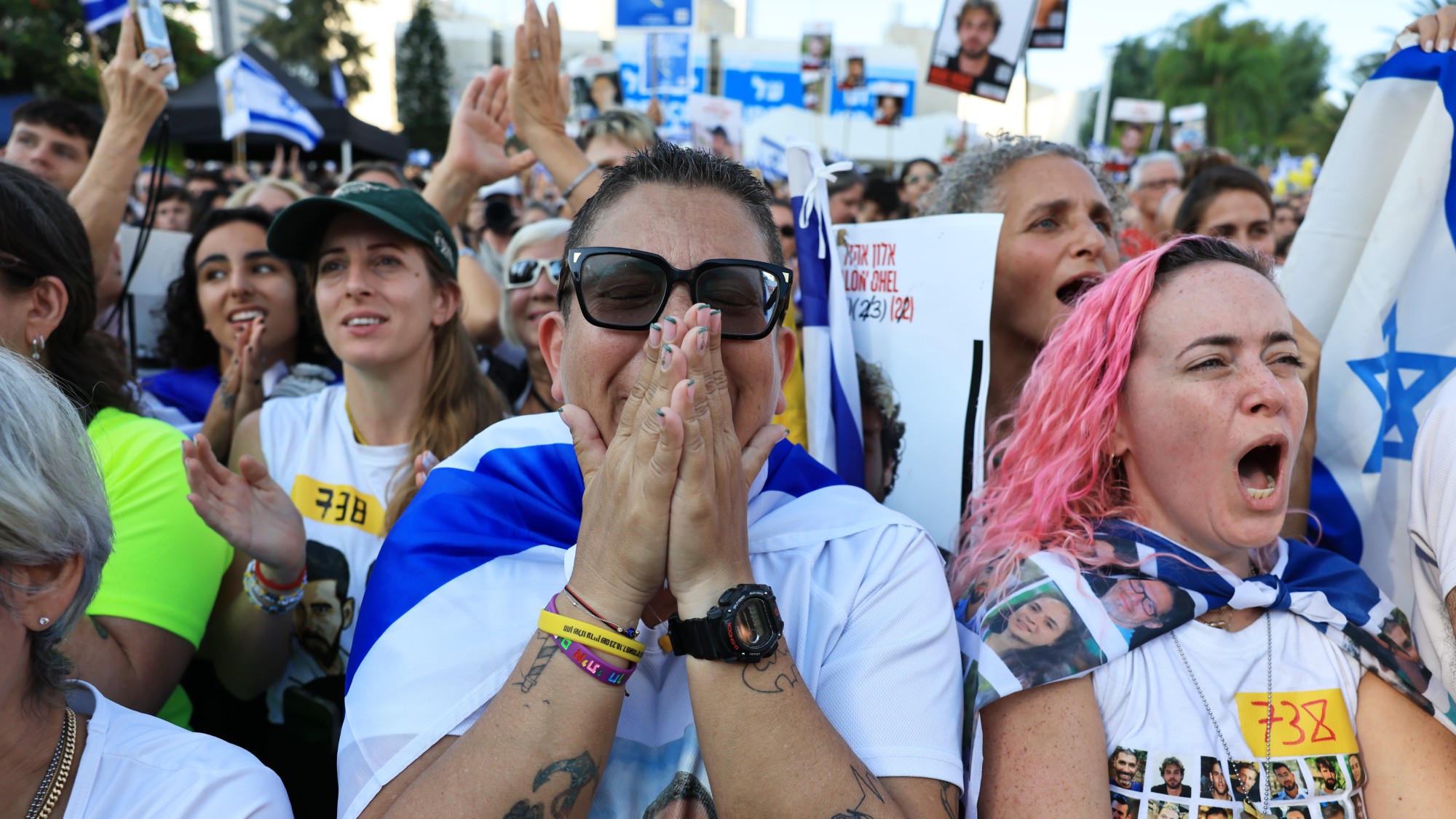 The Israeli hostages and Palestinian prisoners being released
The Israeli hostages and Palestinian prisoners being releasedThe Explainer Triumphant Donald Trump addresses the Israeli parliament as families on both sides of the Gaza war reunite with their loved ones
-
 Gaza peace deal: why did Trump succeed where Biden failed?
Gaza peace deal: why did Trump succeed where Biden failed?Today's Big Question As the first stage of a ceasefire begins, Trump’s unique ‘just-get-it-done’ attitude may have proven pivotal to negotiations
